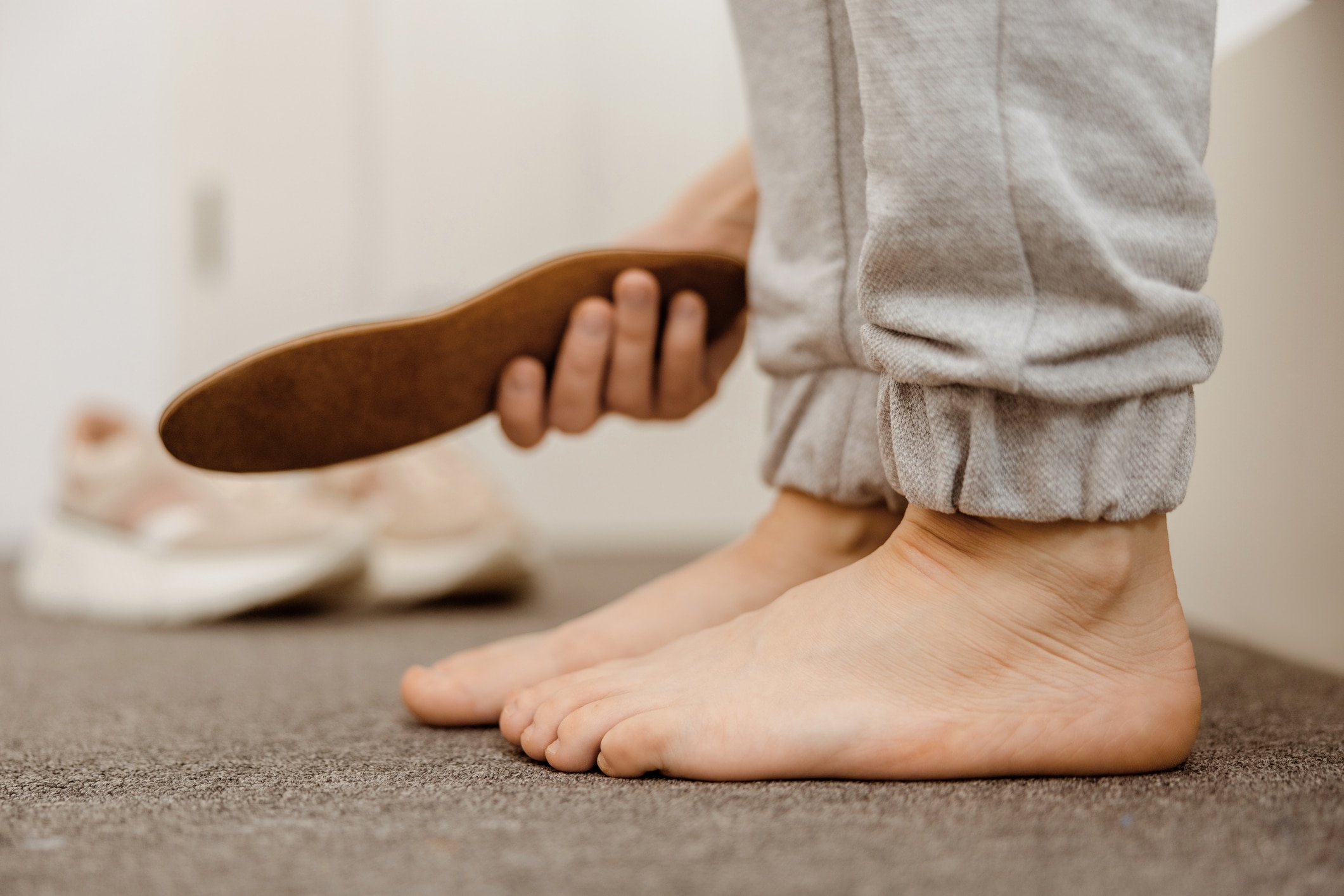Almost one million adults in Michigan have been diagnosed with diabetes, and some 239,000 more may be living with it and not know. Diabetes is a complex medical condition that requires comprehensive care and ongoing management. Unfortunately, one all-too-often overlooked aspect of your total health care plan is diabetic foot care.
Foot complications are common among people with diabetes, and can lead to serious consequences if left untreated. While you may not think about your feet very often, they have a major impact on your overall health.
But why are foot issues so common with this condition? The connection between diabetes and foot care isn’t always clear. So, our expert podiatrists are here to explain the importance of regular podiatry visits for diabetic patients and how you can protect your feet and your health!
Understanding Diabetes and Foot Health
Diabetes affects the body’s ability to regulate blood sugar levels, which can lead to nerve damage (neuropathy) and reduced blood circulation (peripheral arterial disease). These conditions increase the risk of developing foot problems such as:
- Foot ulcers
- Calluses and corns
- Fungal infections, such as athlete’s foot
- Ingrown toenails
- Dry skin
- Foot deformities & conditions like plantar fasciitis
If you have diabetes, you may have a decreased sense of pain or feeling in your feet, making it harder to notice cuts, blisters, or infections. Poor blood flow can also impair the healing process, leaving even minor foot issues at a higher risk of becoming severe complications. In the absolute worst-case scenarios, these issues can lead to a loss of toes or your whole foot.
Prevention through Early Detection & Education
Regular podiatry visits are essential for diabetic patients as they provide an opportunity for early detection and prevention of foot complications. During these visits, a podiatrist can assess your foot health, conduct thorough examinations, and identify any potential problems.
In many cases, conditions like PAD are asymptomatic, meaning you don’t have any noticeable symptoms. Thankfully, a podiatrist knows how to look for any underlying problems during your visit. When we can identify issues such as nerve damage, poor circulation, or structural abnormalities early on, we can make effective interventions to prevent more significant issues down the line.
Comprehensive Diabetic Foot Care
Diabetic foot care is about more than treating symptoms. At Lakes Foot & Ankle, our goal is always to ensure comprehensive podiatric health for our patients. That means not only using our tools and training to address the unique foot-related challenges faced by individuals with diabetes, but also taking the time to share practical tips you can use at home.
Podiatrists can help you understand proper foot hygiene, recommend suitable footwear, and provide guidance on self-examination techniques. We’ll walk you through several important ways you can take care of your feet between visits, including:
- Checking your feet every day (including the bottom of your feet) for cuts, scrapes, corns or calluses, and other changes to your skin and nails
- Washing and fully drying your feet every day
- Always wearing shoes and socks or slippers instead of going barefoot
- Proper techniques for trimming your toenails to reduce the risk of ingrown nails
- Avoiding the use of heating pads to warm your feet
Managing Diabetic Foot Complications
In addition to prevention, regular podiatry visits enable effective management of diabetic foot complications. If you develop a foot ulcer, infection, or other significant issues, we are equipped to provide appropriate treatment.
We not only know the proper techniques for cleaning and dressing wounds, but we can prescribe appropriate medications and monitor the healing process closely. We can also collaborate with the rest of your health care team, such as your endocrinologist or wound care specialist, to develop a comprehensive treatment plan tailored to your specific needs.
Education and Patient Empowerment
Ultimately, we’re here to empower you, providing as many resources as we can to promote your self-care. We understand that diabetic foot care can feel overwhelming, especially when you’re managing so many important aspects of your health and everyday life. That’s why we’re dedicated to listening, taking the time to understand your unique situation, and answering all your questions.
Whether we’re helping you choose fashionable shoes that accommodate a foot condition or performing advanced diagnostics and testing techniques, we’re here to ensure that you can stay on your feet comfortably. By equipping our patients with knowledge and practical tips, we hope to take some of the stress out of managing diabetes and help you remain an active participant in every part of life.
Get Comprehensive Diabetic Foot Care at Lakes Foot & Ankle Associates
Regular podiatry visits are vital for diabetic patients to maintain optimal foot health and prevent potential complications. Through early detection, comprehensive foot care, management of complications, and patient education, podiatry plays a crucial role in your overall health and well-being. By prioritizing regular podiatry visits, you can count on improved foot health, reduce the risk of serious issues, and get back to focusing on the things you love!
Commerce Township’s Top Podiatrists for Diabetic Foot Care & More
Managing diabetes isn’t something you should have to face alone. You deserve a dedicated care team that is committed to your overall health and wellness. At Lakes Foot & Ankle Associates, our podiatrists are highly trained and highly motivated to provide the care you need to stay on your feet. Schedule your first appointment with us today by reaching out online or calling (248) 360-3888.
It’s Time To Leave Foot & Ankle Pain Behind!
9640 Commerce Rd Suite 102 Commerce Township, MI 48382
| Monday | 8:30am – 5:00pm |
| Tuesday | 9:00am – 5:00pm |
| Wednesday | 8:30am – 5:00pm |
| Thursday | 9:00am – 6:00pm |
| Friday | 7:30 am – 4:00pm |
| Saturday | – Closed – |
| Sunday | – Closed – |



